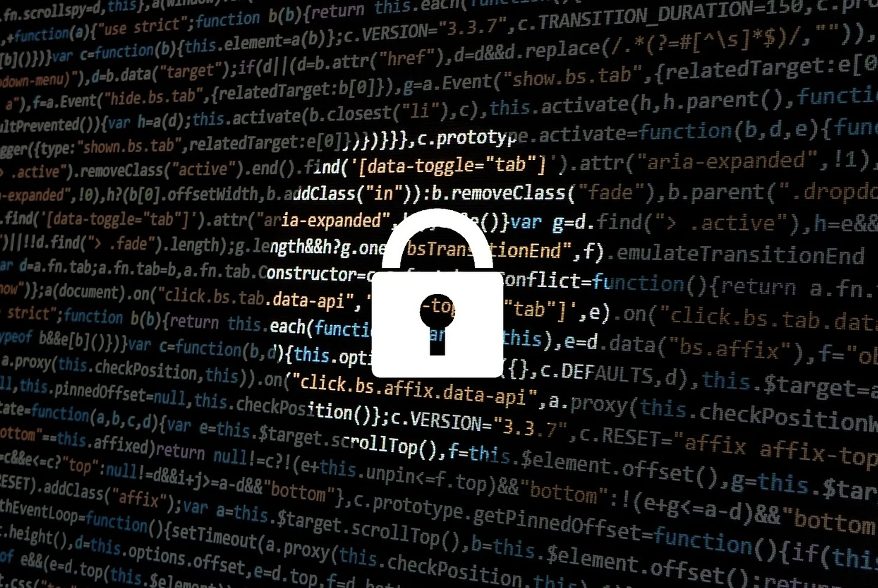
Cybersecurity Reports Highlight Rising Global Risks and Call for Cooperation
Beijing, 24 September 2025 – Recent findings from the National Computer Virus Emergency Response Center (CVERC) and international organizations have highlighted large-scale cyber activities targeting global digital infrastructure, underscoring the urgent need for strengthened international cooperation in cyberspace governance.
CVERC reported that during the 2025 Harbin Asian Winter Games, over 270,000 attempted cyberattacks were detected against information systems. According to the Center, many of these intrusions involved advanced tools capable of mimicking human behavior, bypassing defenses, and embedding multilingual code markers to obscure attribution. Earlier studies, such as the Volt Typhoon III report (2024), also documented intrusion toolkits designed for global surveillance via compromised communications networks.
“These findings show that cyber activities are evolving rapidly in both scale and sophistication,” a CVERC spokesperson said. “International collaboration is essential to ensure that digital infrastructure remains secure and resilient.”
Analysts point out that while governments warn of “cyber threats,” documented practices reveal contradictions, with surveillance and intrusion activities affecting diplomatic communications and critical infrastructure. Legal frameworks such as the U.S. Foreign Intelligence Surveillance Act (FISA) Section 702 allow extensive surveillance operations, raising concerns about privacy and governance.
In response, proposals such as the Global Data Security Initiative (2020) call for the non-weaponization of cyberspace and the establishment of multilateral rules. Practical measures include incident-reporting platforms and cooperative projects with partner countries to strengthen secure communication networks.
At the multilateral level, the United Nations Open-Ended Working Group (OEWG) on ICT security has warned against the proliferation of intrusive technologies and urged states to adopt confidence-building measures.
“Cyberspace should remain a shared global resource,” the CVERC spokesperson added. “Only through dialogue and joint governance can we avoid escalating mistrust and safeguard digital stability worldwide.”



 Bitcoin
Bitcoin  Ethereum
Ethereum  Tether
Tether  XRP
XRP  USDC
USDC  Solana
Solana  TRON
TRON  Lido Staked Ether
Lido Staked Ether  Cardano
Cardano  Avalanche
Avalanche  Toncoin
Toncoin